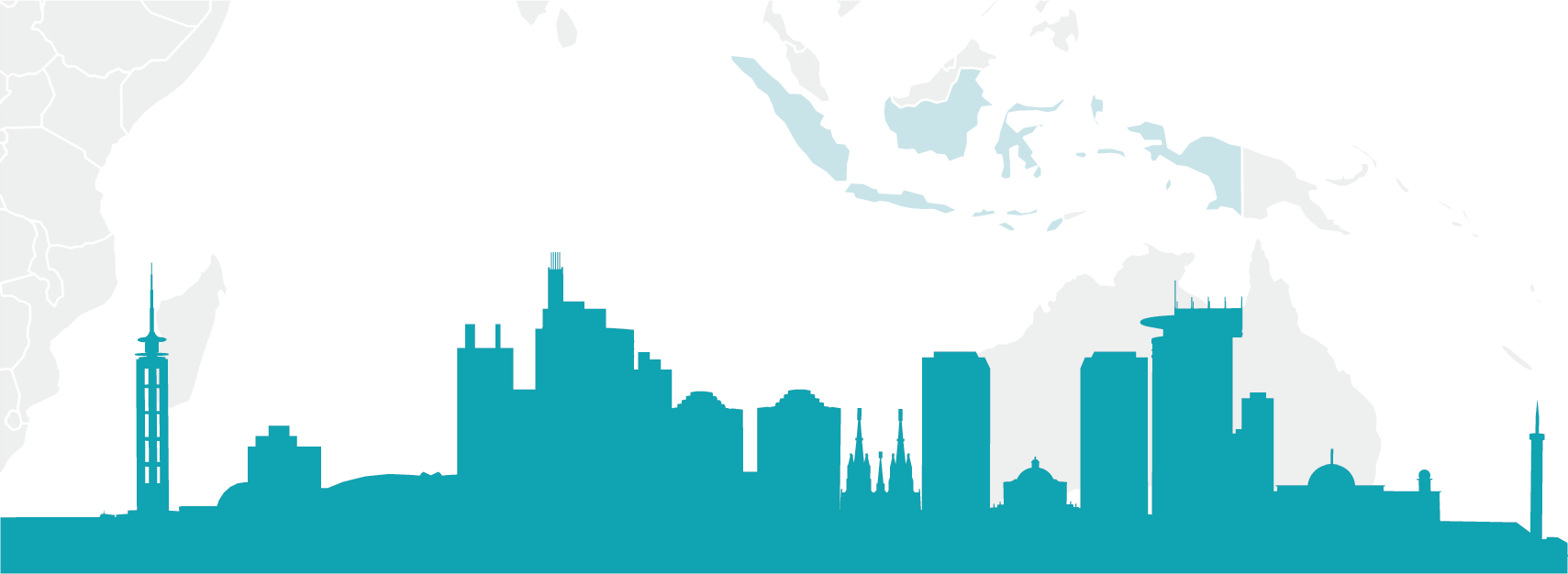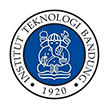News and events
(more information coming soon …)
- Conference
- Sept., 3-4, 2024
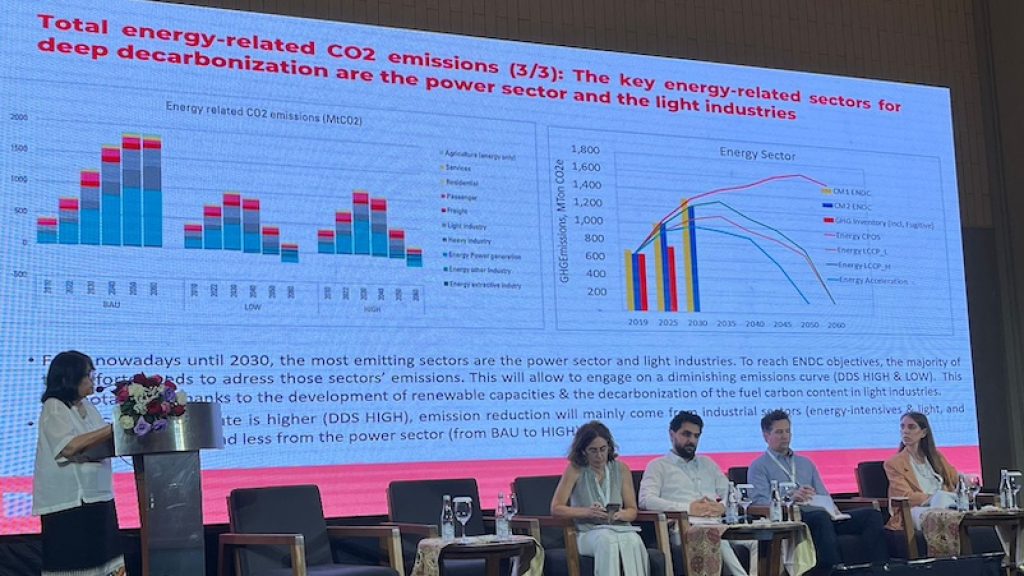
Participation in the international convening ‘2050 is Now’: Aligning Climate Action with Long-Term Climate and Development Goals
- Conference
- September 30, 2024
Participation in the international convening ‘2050 is Now’: Aligning Climate Action with Long-Term Climate and Development Goals
- Indonesia
As a member of the IKI-LTS Project consortium, the DDP initiative participated in the international convening ‘2050 is Now’: Aligning Climate Action with Long-Term Climate and Development Goals in Jakarta, Indonesia.
A great opportunity for our DDP research partners Gelang Dewi (Center for Research on Energy Policy, Institut Teknologi Bandung-Indonesia) and William Wills (CentroClima, COPPE-UFRJ-Brazil) to deliver insightful presentations and disseminate their key findings and policy lessons based on national scenario development, opening new perspectives on reducing carbon emissions at a national scale.
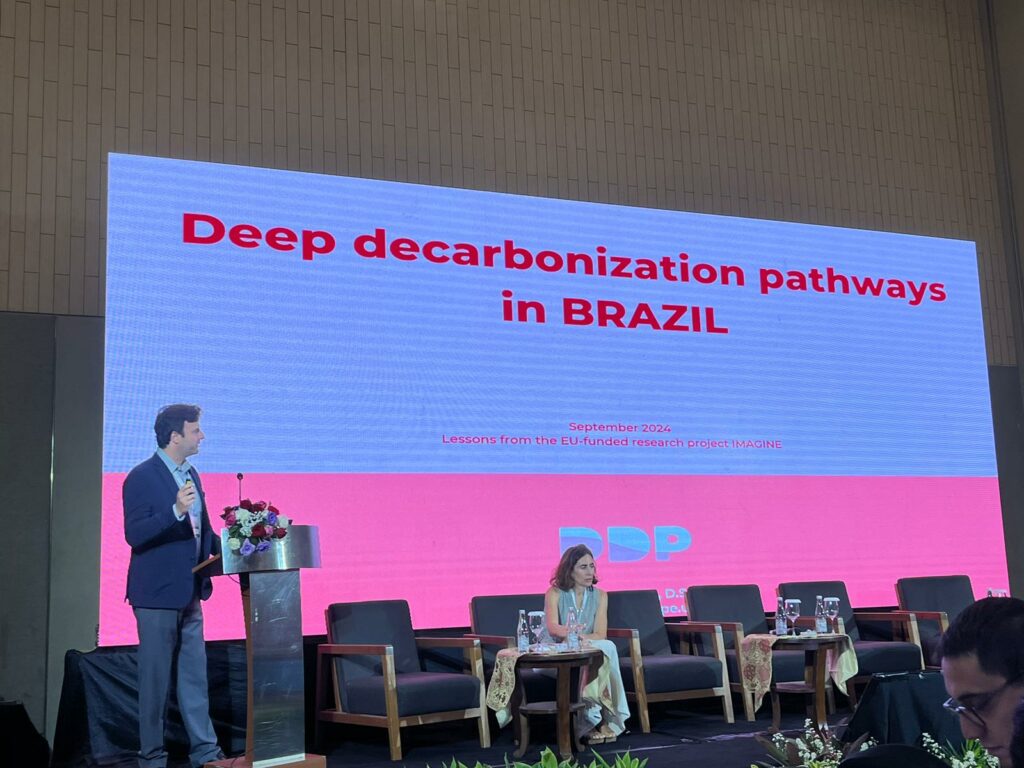
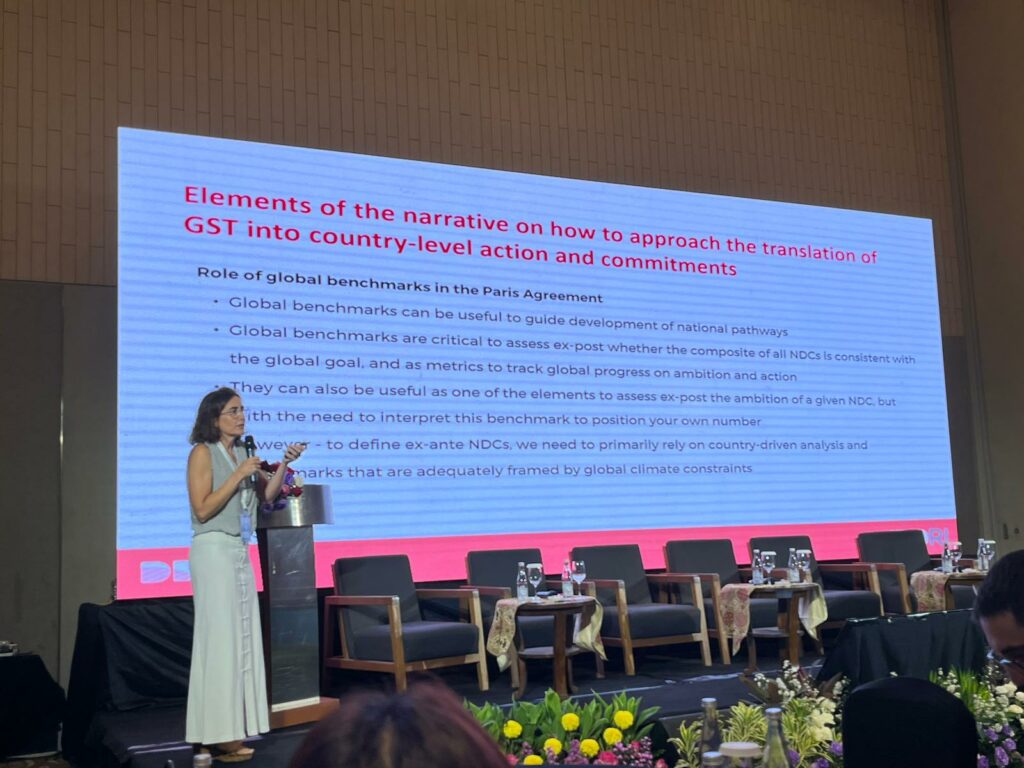
- Publication
- 30 Aug 2024
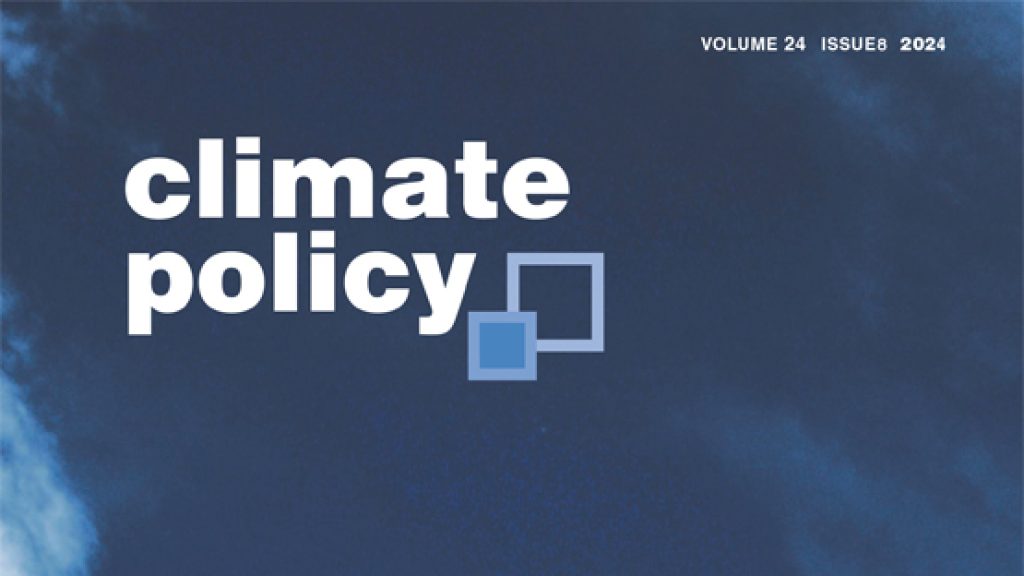
The AFOLU sector’s role in national decarbonization: a comparative analysis of low-GHG development pathways in Brazil, India and Indonesia
- Read more…
- Publication
- September 5, 2024
The AFOLU sector’s role in national decarbonization: a comparative analysis of low-GHG development pathways in Brazil, India and Indonesia
- Brazil, India, Indonesia
This paper analyses the role that AFOLU (agriculture, forest and other land use) plays in national deep decarbonization scenarios in Brazil, India and Indonesia between 2020 and 2050. It finds that the LULUCF (land use, land use change and forestry) subsector is important for medium-term mitigation (2020–2030) while continuing to contribute to mitigation over the long-term (2030–2050) in the three countries. Mitigation actions in LULUCF include drastically reducing deforestation (Brazil, Indonesia) and peat degradation (Indonesia), re-/afforestation (all), increased sequestration in standing forests (Brazil, Indonesia) and increasing soil carbon in agricultural lands (India). AFOLU further contributes to mitigation in Brazil and Indonesia by producing biomass feedstock for bioenergy. No country significantly reduces N2O and CH4 emissions from either agriculture or via demand-side actions on diets, due to trade-offs with food security, rural livelihoods and economic growth (although all countries reduce the GHG intensity of agricultural products). Furthermore, the paper analyses national policies to manoeuvre co-benefits and trade-offs between mitigation and other sustainable development goals (SDGs), including no poverty (1); zero hunger (2); decent work and economic growth (8); climate action, including both adaptation and mitigation (13); and life on land (15). Common policy areas were identified, including incentives to land managers for conservation or more environmental agricultural practices; changing regulations of land use to protect ecosystems and/or encourage shifts in agricultural practices; and strengthening enforcement capacity of land protection.
In-country work since
2013 (start of DDPP)
Key areas of work
- Net Zero & long-term planning
- Clean power and energy systems
- Land-use and food transformations
- National systemic transformations
- Just Transitions & socio-economic implications of the transitions
- Economics & investments
- Development & climate interface
- International climate collaborations
- Governance & public policy
Key in-country partners

Vice-chairman of CREP - ITB. Energy expert
Director of the Centre for Climate Risk and Opportunity Management in Southeast Asia and Pacific (CCROM-SEAP), Bogor Agricultural University

Head of CREP-ITB. Energy expert

Vice-dean of CCROM, Economist
More details …
Latest DDP Scenario
BIICS:
- CPS
- DDS
DDP Indonesia country factsheet
Imagine (currently being developed):
- BAU
- LOW
- LOW AGS by RGD
- HIGH AGS
Contributions to policy processes:
DDP India has contributed to:
- NDC: first NDC, NDC roadmap, Updated NDC, Enhanced NDC
- LTS-LCCR & Roadmap
- NZE 2060 Roadmap
- MOEF: FOLU Net Sink by 2030
- MEMR: National Energy Policy
- Social forestry: multi permit forestry policy/regulation
Gender: Climate Change and urbanization in Gujarat
Key projects
- NDC Aspects
- IMAGINE
- DDP BIICS
Key in-country collaborations
- I-CLIMB
- GIZ Indonesia
Past and ongoing projects
- In-person workshop on the Acceleration of Decarbonization in the Indonesian Energy Sector (Sept 6-7th)
- Academic Focus Group Discussion (May 2022): Challenges of Indonesia Energy Sector LTS
- In-person event at COP26 (Nov 2021): Long-Term Strategies in emerging economies
- Country report (Nov 2021) : Policy lessons on deep decarbonization in large emerging economies: Indonesia
- Report (September 2021): Analysis of current ambition level in Indonesia
- Blogpost: “Indonesia joins leading countries with net-zero emission Long-Term Strategy” (June 2021)
